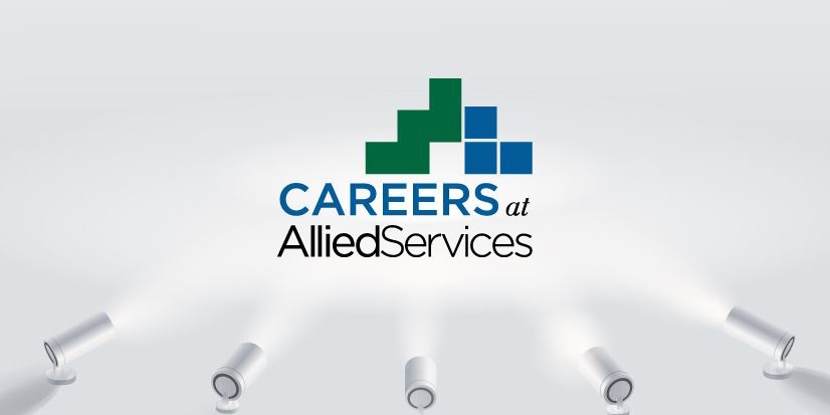Should I Stay or Should I Go (To Post-acute Rehab)?
- Category: News, Transitional Care
- Posted On:
- Written By: Allied Services Integrated Health

“Starting rehabilitation as soon as possible after the cause of the stroke is treated is vital in stroke recovery.”
Among the buzz of daily news, a constant headline for the past six months has been COVID-19 or Coronavirus. A recurring theme has been the impact of isolation and anxiety over seeking medical care on those with serious medical conditions and injuries. We know that chronic health conditions and sudden symptoms aren’t taking a break because of the pandemic.
Hospitals are resuming non-emergency surgeries however there are still some who are delaying care because of fear of contracting the virus at a medical facility. As rehabilitation specialists, this is especially concerning. Receiving appropriate physical rehab and nursing following an injury or illness is the key to a successful recovery. According to Johns Hopkins Medicine and stroke rehabilitation specialist, April Pruski, M.D., “Starting rehabilitation as soon as possible after the cause of the stroke is treated is vital in stroke recovery.”
Now, more than ever, community education has to be a priority. So how do I make the decision to seek care or not? While it is important to understand the current state of your local community and how it is affected by COVID-19, it is equally important to understand the risks and benefits of entering or not entering a healthcare facility when you may need it most.
There is always a risk when entering a healthcare facility that an individual may contract an illness or disease that they did not have prior to entering the facility. However, with proper infection prevention methods and protocol in place, these risks can be mitigated. A prime example of this minimized risk can be found at Transitional Care at Allied Services Rehab Hospital in Scranton. Following strict guidance from the Centers for Disease Control and Prevention (CDC) and Pennsylvania Department of Health, the facility has effectively and safely answered the call to those still in need of short term rehabilitation services.
Allied Services transitional rehab units in Scranton and Wilkes-Barre combine nationally-ranked physical rehabilitation with round-the-clock nursing for short-stay patients, such as those recovering from an injury, illness or surgery.
Anyone entering the Transitional Care at Allied Services Rehab Hospital is required to undergo a screening procedure for signs and symptoms, and questions about travel and recent possible exposure to COVID-19. Exit the facility and you are taken through the same process. Masking is mandatory and hospital staff is utilizing personal protective equipment appropriate to the patient, activity and/or care setting. Rigorous cleaning procedures are in place for all areas of the hospital and for all equipment used by nursing or rehabilitation staff.
Universal COVID-19 testing of residents and staff has been completed and results showed not one positive case found on the unit. This testing will continue according to CDC and Department of Health guidelines. These precautions are in place and are continuously monitored for improvement to create an environment of cleanliness and safety for all those involved in the rehabilitation process.
COVID-19 or not, Allied Services will always prioritize the safety of its patients and staff. We want people to know that we are taking the necessary precautions to keep our patients safe. We hope patients keep this in mind so they do not delay seeking care that will give them the best outcomes and opportunity for a fuller recovery.
Learn more about transitional care at Allied Services.
About the Author: Chris Fazzini, MHA is an Administrator in Training currently working at Transitional Care at Allied Services Rehab Hospital in Scranton.



